Food, culture, neon lights, history, friendly locals — OSAKA!
Chasing Laylatul Qadr: 10 Ways to Gear Up For The Last 10 Days of Ramadan
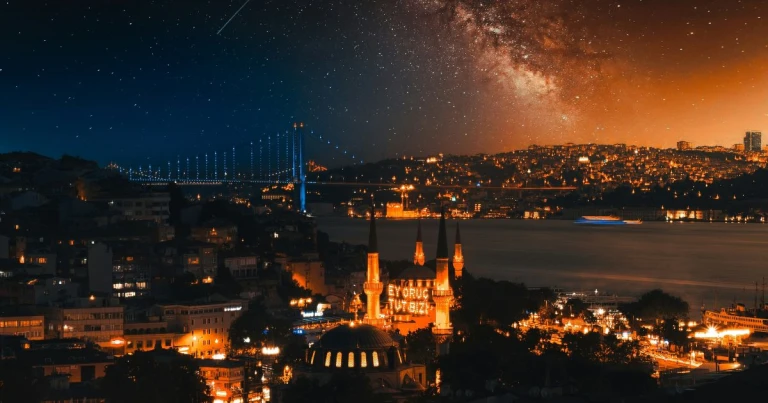
The month of Ramadan is one of the most important months for Muslims all around the globe. It is the month of spiritual cleansing, increased worship, giving, gratitude and repentance.
The last 10 days and nights hold even more significance and are filled with greater rewards and blessings.
Laylatul Qadr (the night of power) can fall on any of these odd nights. The Prophet (PBUH) used to exert himself in complete devotion during these 10 nights and has set an example for his Believers to follow.
Therefore, we bring you 8 different ways that you can prepare yourself for Laylatul Qadr and get the barakah (blessings) of this night.
Also read: Laylatul Qadr and The Last 10 Nights of Ramadan
10 Best Practices You Can Do While Hunting for Laylatul Qadr
1. Take time off for Ibadah
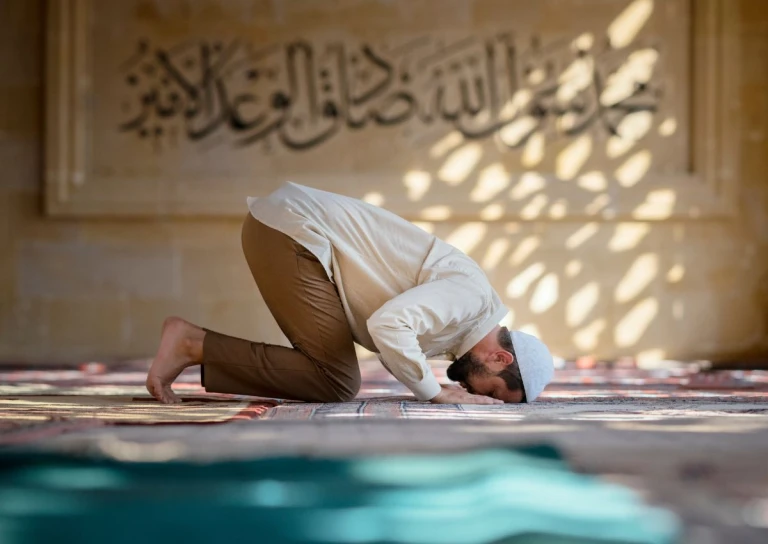 Image credit: ozgurdonmaz via Canva Pro
Image credit: ozgurdonmaz via Canva Pro
In the last ten days of Ramadan, make Ibadah (worship) your top priority.
Cut back on your responsibilities and time off from work if you can. This way you can pray and worship late into the night without worrying about getting up too early the next day.
It will also facilitate you to perform Itikaf and focus solely on strengthening your connection with Allah.
You can take advantage of this time off to worship God in seclusion and let your heart sink into devotional practices away from distractions.
2. Observe Itikaf
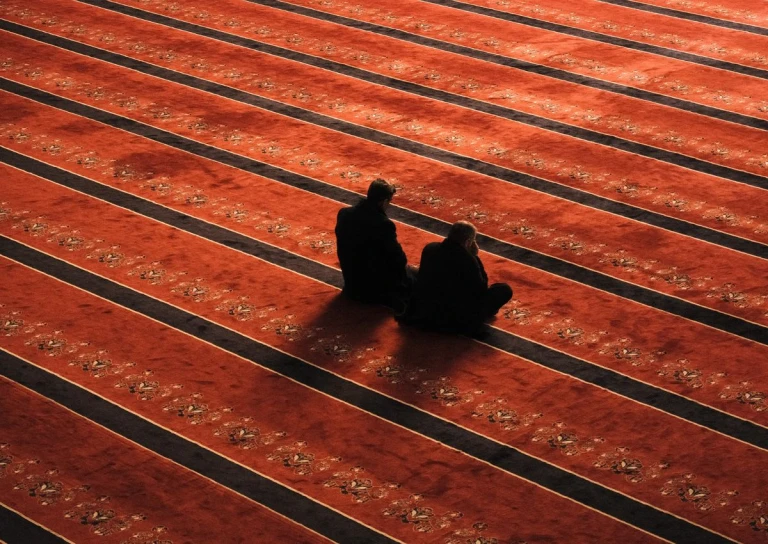 Image credit: ly via Canva Pro
Image credit: ly via Canva Pro
Observing Itikaf is widely encouraged in Islam, especially in the last 10 days of Ramadan.
It involves making yourself at home in a quiet place of worship (for women) or a mosque (for males).
The goal of this act is to dedicate time solely to prayer, contemplation, and spiritual renewal.
Performing this act during the last ten days of Ramadan is a profound spiritual experience that allows believers to intensify their worship, seek closeness to Allah, and actively pursue the blessings of Laylatul Qadr.
While Itikaf can be observed at any time of the year, its significance is amplified during Ramadan - especially during the last ten nights when the search for Laylatul Qadr intensifies. It was a consistent practice of the Prophet (PBUH).
3. Recitation of the Quran
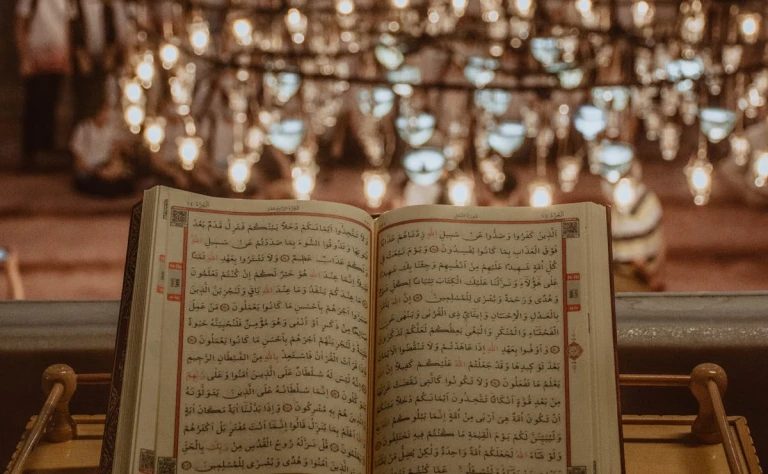 Image credit: Ahmet Polani via Pexels
Image credit: Ahmet Polani via Pexels
While recitation of the Quran is encouraged throughout Ramadan, it should be increased during the last 10 days.
Many Muslims try to perform at least 1 Khatam (Quran Completion) during this Holy Month; the Prophet (PBUH) himself used to perform multiple Khatams.
Therefore, if you want to accomplish your goal of doing a Khatam, you should recite the Quran more in the last days of Ramadan.
However, if you are a slow Arabic reader you can resort to listening to the Quran on your smartphone.
4. Understanding the Quran
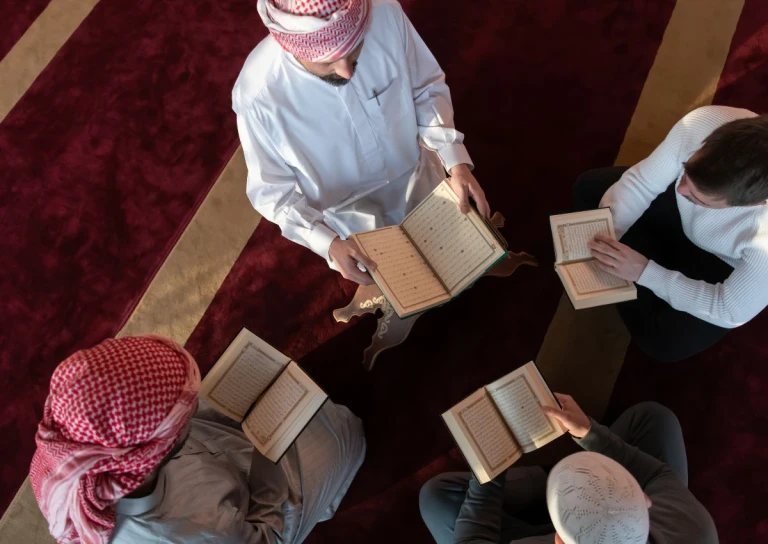 Image credit: dotshock via Canva Pro
Image credit: dotshock via Canva Pro
Learning the Quran is also important for the preparation of Laylatul Qadr.
It's not enough to only recite the verses out loud; you must also fully understand their deep meanings.
One way to achieve this is by understanding the Quran through translation and Tafseer (exegesis). By listening to the translation of the Quran in a language you understand and studying its Tafseer, you will gain insights into the deeper meanings of the verses.
You can begin this gradual process by learning the meaning of the Surahs you recite in your prayers every day.
Your preparation for Laylatul Qadr will be more meaningful and rewarding as a result of this greater understanding. This will enhance your worship and improve your relationship with Allah.
5. Offer extra prayers
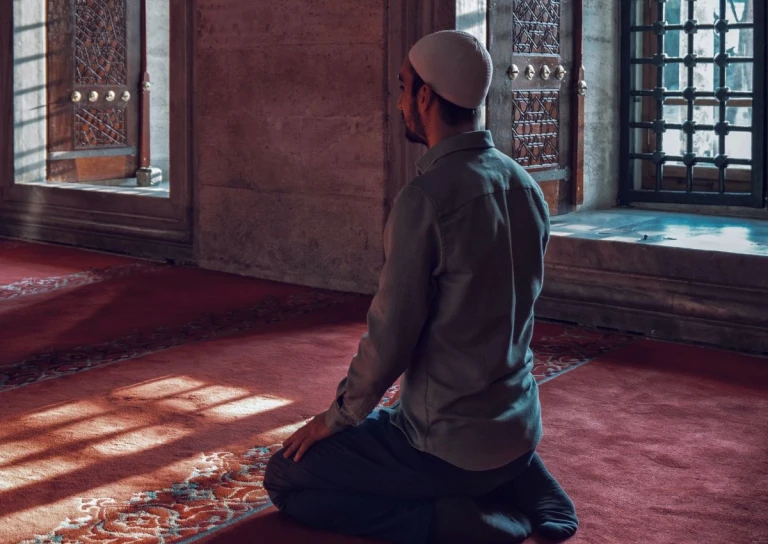 Image credit: Tansu Topuzoglu via Canva Pro
Image credit: Tansu Topuzoglu via Canva Pro
During these nights, make sure to pray more Nafl (voluntary prayers), particularly Tahajjud.
These prayers can be offered for any purpose - repentance, gratefulness or the hope to get your wishes granted.
Doing so does not only demonstrate your devotion to Allah but also brings you closer to experiencing the blessings of Laylatul Qadr.
Also read: 10 Daily Sunnah Habits Muslim Millennials Should Live By
6. Engage in Dhikr
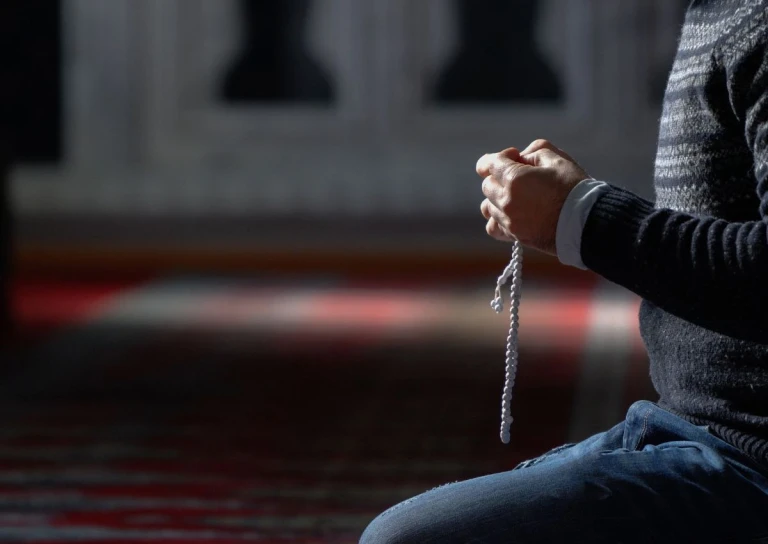 Image credit: mustafagull via Canva Pro
Image credit: mustafagull via Canva Pro
The meaning of Dhikr is the remembrance of Allah and it holds great spiritual significance.
Dhikr (recitation of praises to Allah), whether in the form of reciting specific Duas, the names of Allah, or tasbih (glorifications), should be a continuous part of your routine during these blessed evenings.
7. Give Charity
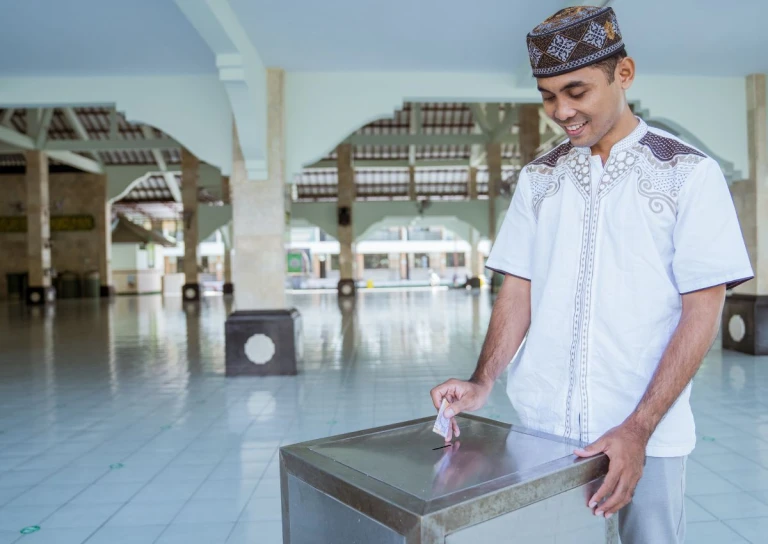 Image credit: Odua via Canva Pro
Image credit: Odua via Canva Pro
The Holy month of Ramadan is a season of charity and giving. If you haven't already fulfilled your annual Zakat obligation, consider doing so during these last 10 days.
Give Sadaqah (voluntary charity) as well during these blessed nights.
If you provide Sadaqah during Ramadan, your reward is 70 times greater, and if you do a good deed at Laylatul Qadr, it's as if you had done it for more than 83 years!
Whether it's feeding the poor, helping the needy, or supporting charitable causes, every act of kindness strengthens your connection with Allah and earns His pleasure.
8. Learn about the Prophet’s life
You can take this opportunity to deepen your knowledge about the life and teachings of the Prophet Muhammad (PBUH). Read his biography, study his Sunnah (traditions), and reflect on his exemplary character.
Doing so can increase your love for him and Islam by seeing how much he struggled for Allah’s sake.
It may inspire you to push yourself even harder during these last ten nights.
9. Seek forgiveness and Make Dua
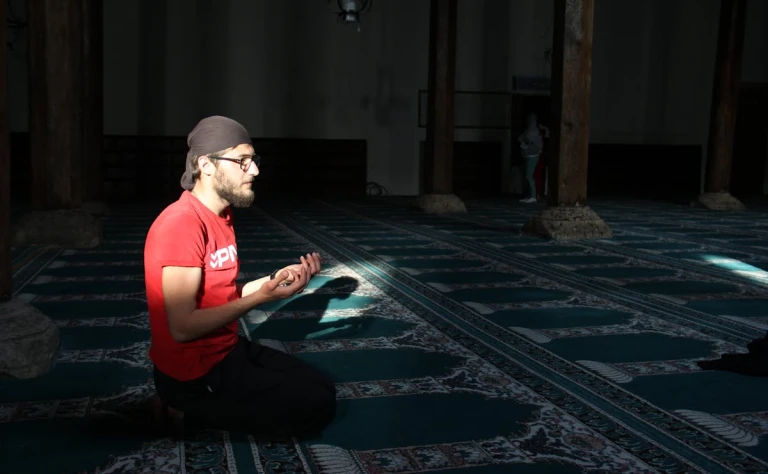 Image credit: Taha Karabulut via Pexels
Image credit: Taha Karabulut via Pexels
One of the most significant aspects of Laylatul Qadr is seeking forgiveness and making Dua (supplication).
It is a spiritually significant event, but it also signifies the end of Ramadan. We should make the most of our prayers and ask Allah for mercy before the month comes to a close.
It is an ideal opportunity to ask Allah to pardon your sins and grant your wants and desires. During this period, the Angels come to Earth to carry out Allah's orders, and the gates of mercy are open wide.
This is a priceless opportunity, therefore use these holy nights to seek forgiveness, make dua, and grow closer to God.
10. Evaluate yourself
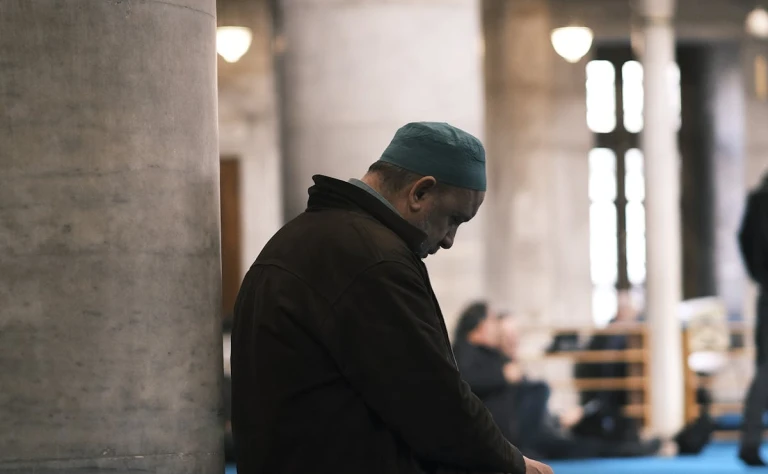 Image credit: Bayram Yalçın via Pexels
Image credit: Bayram Yalçın via Pexels
Keep in mind that the deeds you do during Ramadan will help you grow as a Muslim all year round - Make a mental note of carrying some practices done during this month into your daily life.
Take this opportunity to introspect and ask yourself some tough questions about your spiritual life.
Plan out where you were before this Ramadan and where you would like to be in the following year.
Make the Most of the Final Days
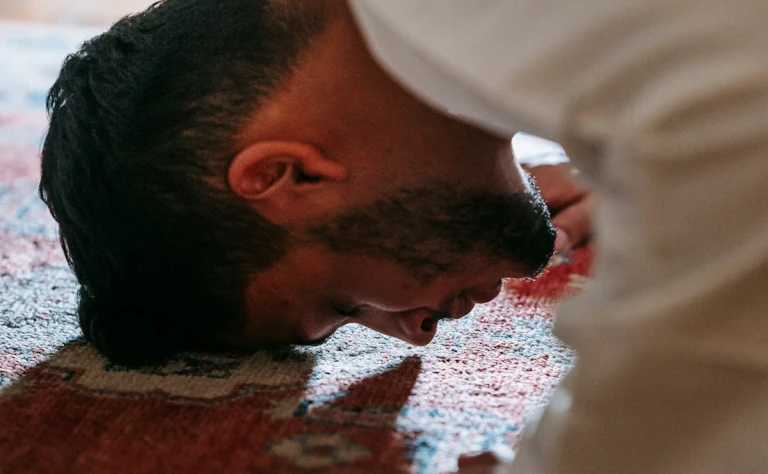
Make the most of the final days of Ramadan to worship Allah, ask for His forgiveness, and grow closer to Him.
Incorporating these ten practices into your life during the last ten days of Ramadan will help you be ready to receive Laylatul Qadr with grateful and devoted hearts.
May Allah accept our efforts and grant us the blessings of this sacred night.
Featured image credit: Ibrahim Uzun | Unsplash
Published at
About Author
Azmi Anees
Subscribe our Newsletter
Get our weekly tips and travel news!
Recommended Articles
10 Hidden Gems in Osaka Perfect For Muslim Travellers 10 Muslim Footballers That Will Inspire You And Your Goals HalalZilla consults the great archives of football to handpick our top Muslim players who’ve ever laced a pair of boots in the big leagues – especially those you didn’t know were Muslim!
Top 10 Ramadan Special Menus to Try in India Discover 10 exceptional Ramadan menus across India that will make your meal experience amazing even while travelling!
Where to Break Your Fast in Singapore: 11 Must-Try Ramadan Dining Spots Special deals for Ramadan!
12 Culture Shocks You’ll Experience During Umrah Welcome to the land of blessings & calmness ~
Latest Articles
Halal Honeymoon in Sarawak: 10 Romantic Muslim-Friendly Activities Romance, rainforests, and halal adventures await in Sarawak!
5 Muslim-Friendly Theme Parks in Johor Bahru (JB) for Singaporeans to Visit Consider that weekend family trip to JB locked in!
Halal Food Guide: 6 Muslim-Friendly Restaurants at Universal Studios Japan You can savour the halal butter beer here!
MySawasdee Train: A Scenic, Muslim-Friendly Journey From Penang to Hat Yai to Launch in Q3 2025 MySawasdee train is set to launch as regular service In Q3 of 2025!
Why Is The Floor of Masjid al-Haram Always Cool – Even in Scorching Heat? Did you know, Thassos marble is so white that it reflects sunlight easily!

